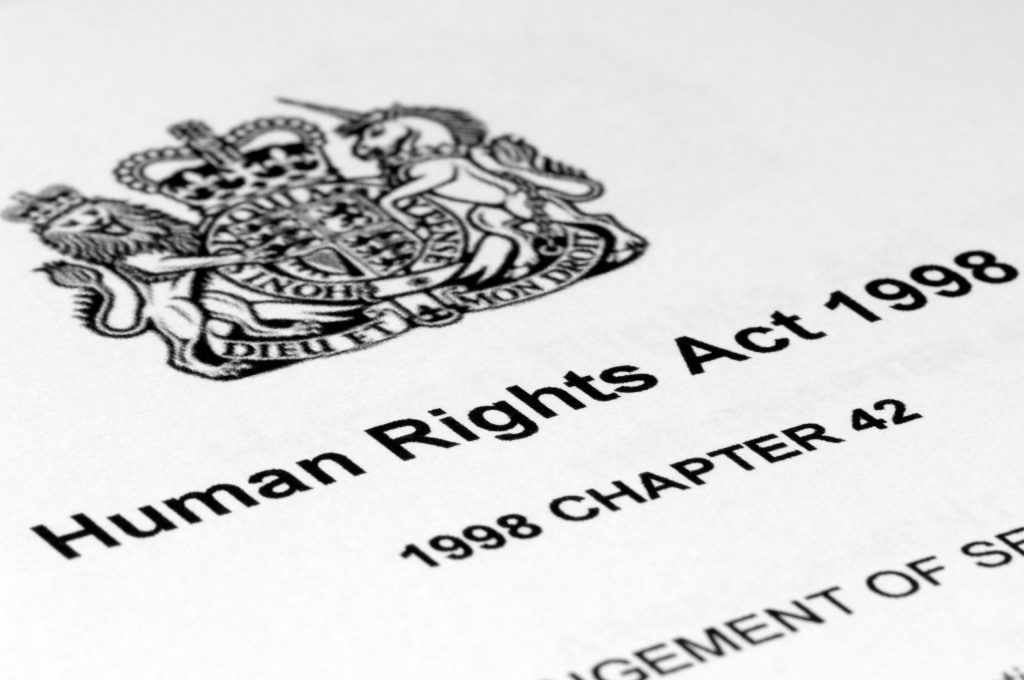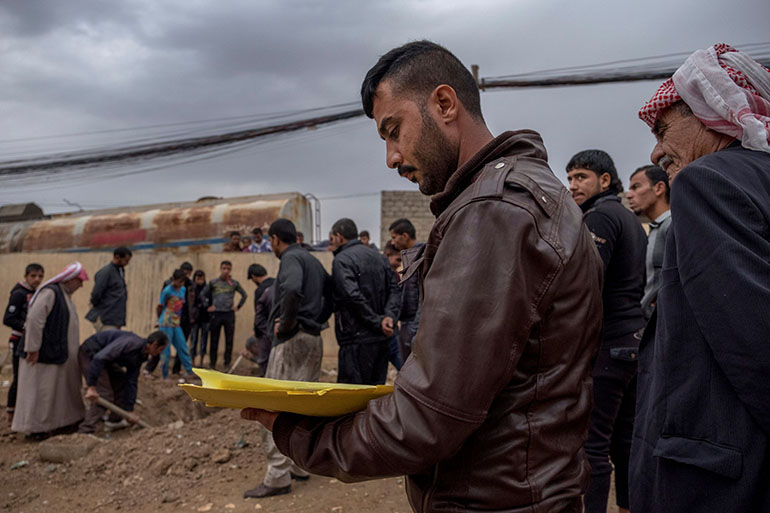The Bill of Rights threatens access to justice for civilians and service personnel – Ceasefire and RSI joint briefing
The UK government’s plans to abolish the Human Rights Act (HRA) and replace it with the Bill of Rights poses a serious threat to the human rights of both civilians and service personnel. Ceasefire and Rights & Security International have published a joint briefing on the impact of the Bill of Rights on overseas military […]







